Yoga Teacher Training


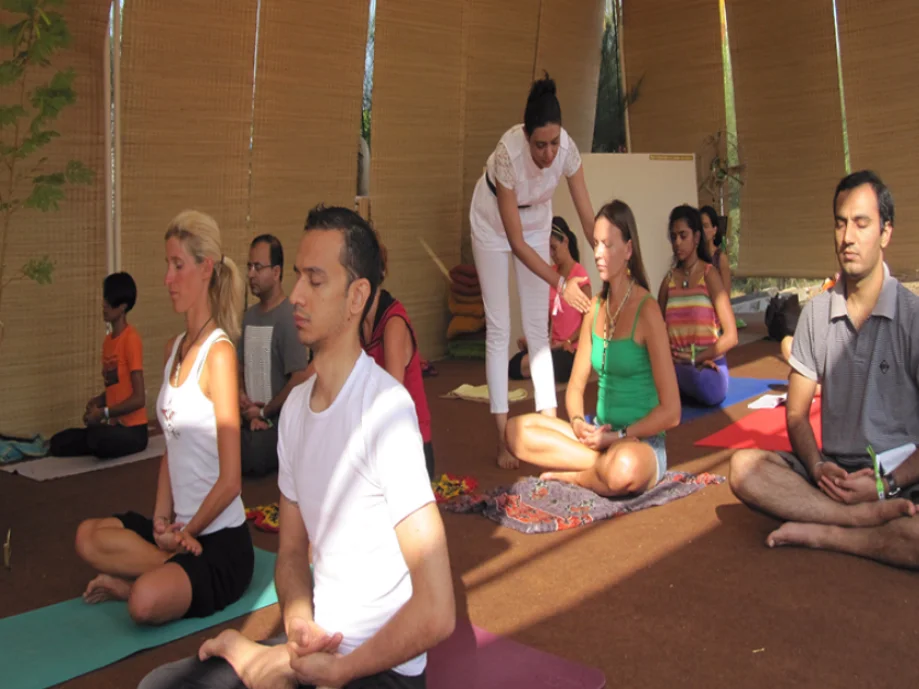
Ayuruniverse Verified
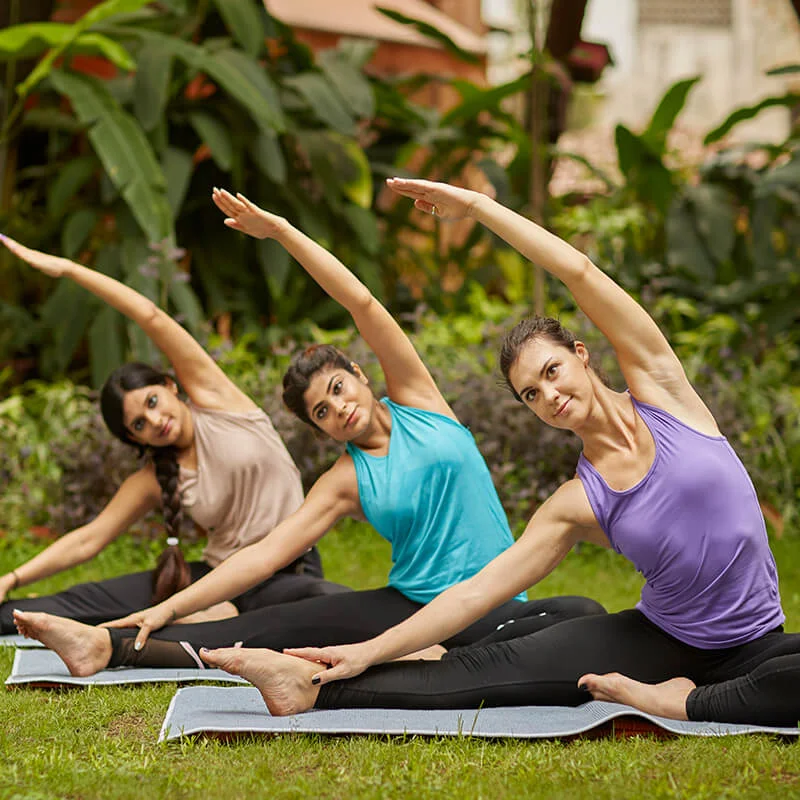
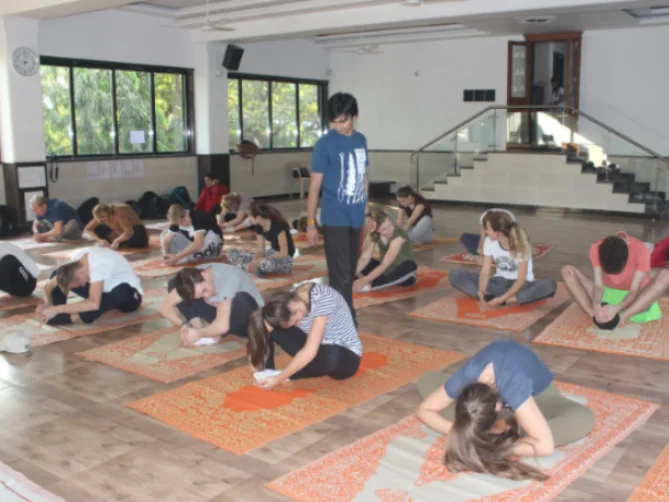
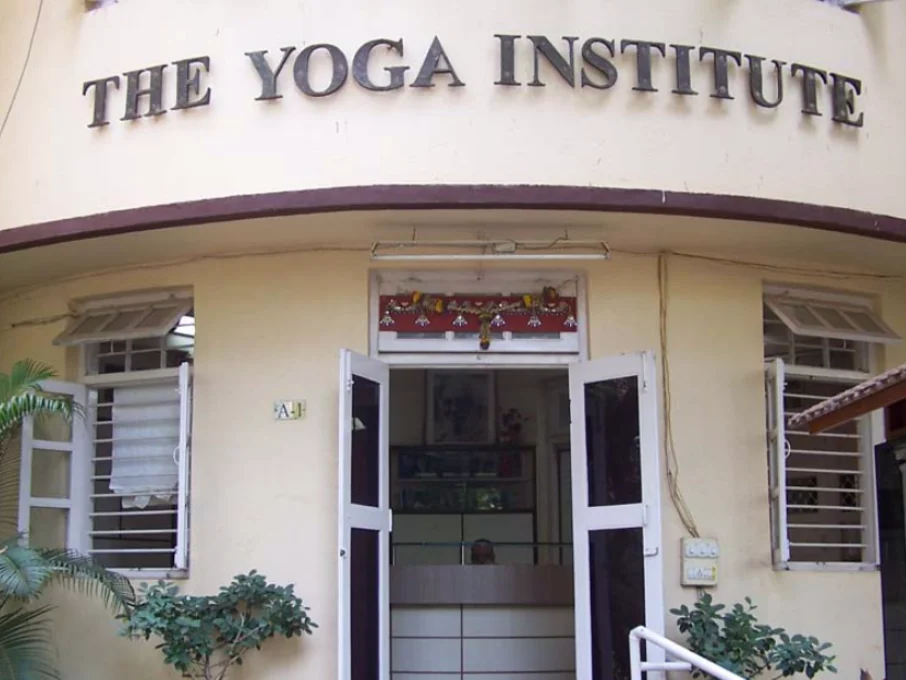
This is an advanced and comprehensive training programme. The course is quite intensive as students are expected to complete the course curriculum in 3 months.
The course conforms to the AYUSH Level-2 Yoga Teacher scheme–mentored by Govt. of India.
Classical Ashtanga Yoga Syllabus – The course syllabus covers in depth study and practice of Asanas, Pranayamas and Kriyas. Further, attitude training, Public Speaking, Methodology of teaching, Practice teaching, Anatomy & Physiology, Yoga and Samkhya Philosophy, Psychology, quintessence of Bhagavad Gita, Patanjali’s Yoga Sutra etc. are also given equal importance.
In addition, students have to attend the experiential learning sessions, read, study and prepare submissions and presentations, as required.
The Three Months TTC trains students to teach Yoga to all age groups, and in the management of various diseases. Highly trained teachers conduct this course.
On completion of full attendance and all other pre-requisites, an examination shall be conducted at the end of the course, after which successful students will be awarded a certificates of The Yoga Institute.
The Yoga Institute is recognised by the Government of India (Ministry of AYUSH ) and is the first Yoga school to be accredited after the AYUSH /QCI scheme was launched.
This is RYT 500 hour course, fully accredited with the Yoga Alliance USA and the participant is eligible to apply on Yoga Alliance site as Register Yoga Teacher.
All lectures will be in English for the Three Month TTC and students are expected to be fluent in speaking reading and writing the language.
This is an advanced and comprehensive training programme. The course is quite intensive as students are expected to complete the course curriculum in 3 months.
The course conforms to the AYUSH Level-2 Yoga Teacher scheme–mentored by Govt. of India.
Classical Ashtanga Yoga Syllabus – The course syllabus covers in depth study and practice of Asanas, Pranayamas and Kriyas. Further, attitude training, Public Speaking, Methodology of teaching, Practice teaching, Anatomy & Physiology, Yoga and Samkhya Philosophy, Psychology, quintessence of Bhagavad Gita, Patanjali’s Yoga Sutra etc. are also given equal importance. (Click here)
In addition, students have to attend the experiential learning sessions, read, study and prepare submissions and presentations, as required.
The Three Months TTC trains students to teach Yoga to all age groups, and in the management of various diseases. Highly trained teachers conduct this course.
On completion of full attendance and all other pre-requisites, an examination shall be conducted at the end of the course, after which successful students will be awarded a certificates of The Yoga Institute.
The Yoga Institute is recognised by the Government of India (Ministry of AYUSH ) and is the first Yoga school to be accredited after the AYUSH /QCI scheme was launched.
This is RYT 500 hour course, fully accredited with the Yoga Alliance USA and the participant is eligible to apply on Yoga Alliance site as Register Yoga Teacher.
All lectures will be in English for the Three Month TTC and students are expected to be fluent in speaking reading and writing the language.
Our campus is managed like an ashram (hermitage) which inculcates discipline and promotes self-reliance. The food served is strictly vegetarian.
The Yoga Institute has designed the syllabus of this course to provide a strong base of yoga philosophy with a comprehensive approach to science and technology of yoga. This practical approach enables a student of yoga to develop an objective approach towards life situations and lead a fulfilling, duty-bound life. Everyone here is in a Life School.
After successfully completing the course, ATTC certificate holders will be qualified to conduct Yoga sessions for
- normal healthy individuals and groups,
- for people with minor ailments or disorders and
- for people, under the guidance of qualified medical practitioners, undergoing treatment for any physiological, psychological and psychosomatic diseases/conditions.
The Yoga Institute is recognised by the Government of India (Ministry of AYUSH – QCI) and is the first Yoga school to be accredited after the AYUSH -QCI scheme was launched.
The course conforms to the syllabus of Level 2 – Yoga Teacher QCI scheme– mentored by AYUSH (Govt. of India).
This is RYT 500 hour course, fully accredited with the Yoga Alliance USA and the participant is eligible to apply on Yoga Alliance site as Register Yoga Teacher.
- COURSE DETAILS: KNOWLEDGE
I. SIX THEMES – THE TOPIC OF THE MONTH (TOM)
These themes provide the general direction to each segment of the course. Together they equip the learner with the holistic nature of the Art, Science and Culture of Yoga. It also aims at making Yoga relevant in modern times just as much as in the archival times when it originated.
The six topics covered are:
- History and Background of Yoga
- Modern Physical Approach and the Impact of Materialism.
- Technology of Yoga
- Mystics, Mysticism and Yoga
- Yoga Ideology
- Yoga way of life – Evaluation
II. PATANJALI’S YOGA SUTRA
Conceptual learning and corresponding perceptions developed through the study of Patanjali Yoga Darshana. They are listed here in six clusters to correspond with the six themes (TOM).
The focus is on the concept and one or two key sutras in each time. Some of the key concepts covered are: Vrittis, abhyasa-vairagya, Ishwarpranidhana, Kleshas, Upaya pratyaya, Yamas, Niayamas, Asana, Pranayama, Pratyahara, Dharana-Dhyana-Samadhi, Antaraya/Vikshepa, Sahabhuva, Dharma/Lakshana Avastha Parinama, Kriya Yoga, Karma theory.
At the end of the class, students may be given a set of questions and will be required to submit a brief write up, after reading and understanding the selected sutras. Students will also be called upon to present their work/understanding to the class.
III. SAMKHYA
Familiarity with the 72 Karikas of Ishvarakrishna with commentary of Vachaspati Mishra (Tattwa Kaumudi). Specific focus on the concepts to enhance the understanding of the Yoga sutras e.g Purusha and Prakriti, the 25 tattvas, the n of Gunas as a constituent of Prakriti. Besides, knowledge of the traits (the Bhavas) of Buddhi (the intellect) is given, with the intention to study their effects on life and life forms.
IV. BHAGWAD GEETA
This class takes students through selected shlokas of the Bhagwad Geeta – it’s understanding, interpretation and the application of its essence to daily life. Study of the Bhagwad Geeta’s view on similar concepts as discussed in Yogasutra and Samkhya e.g. concept of Sthitapragnya, Karma, Gyana, Bhakti, and Gunas. This is to be treated as a part of Yoga Psychology in Theory and practice.
V. BHAVAS OF BUDDHI – BASIS OF YOGA EDUCATION
A detailed study of eight traits (Bhavas) of buddhi acquired due to influence of Trigunas on Buddhi
- The concept of Buddhi-the first evolute of Prakriti and its proliferation into eight Bhavas.
- The characteristics and concepts of the four sattvic bhavas (Dharma, Gyana, Vairagya, Aishwarya) and the four tamasik bhavas (Adharma, Agyana, Raga, Anaishwarya)
VI. HATHYOGA PRADIPIKA & GHERANDA SAMHITA
Introduction to the Hatha Yoga texts, traditions, their principles, their techniques, aims and objectives; with some insights to their propounders namely Matsyendranath and Gorakshanath.
VII. PSYCHOLOGY
These sessions aim to making students familiar with
- Concepts of cognition, perception
- Theories of cognition and non-cognition
- Personality traits and classification
- Familiarity with the Indian Psychology
- Psychology as per the Bhagavad Gita and the Yoga sutras of Patanjali
VIII. ANATOMY–PHYSIOLOGY AND YOGA THERAPY
A general understanding of the main organs in each system; their overall structure and location. The knowledge of the various body systems should aid in understanding the breathing rhythm and complementary / counter poses.
- The nine Major systems of the body with their main functions and the effect of Yoga practices on each of them.
- The role of Yoga in management of the disease conditions. Physiological understanding of how Yoga can be helpful in modifiable factors.
IX. YOGIC DIET
The objectives of this session is to build familiarity with
- Triguna, with an Ayurvedic approach to diet and nutrition; and the ethical and spiritual reasons for a sattvic vegetarian diet.
- The different diets and its effects on the anatomy and physiology, Yogic diet – a lacto vegetarian, sattvic approach to food.
2. COURSE DETAILS: SKILL
I. YOGA TECHNIQUES
In depth study of the following techniques and demonstrated ability to perform.
a. Meditative Asanas
b. Cultural Asanas:
-
- for spine: Upward stretch, Forward bending, Backward bending, Sideward bending, Torsion, Inversion
- For extremities
- For balancing
- For abdominal compression
- For relaxation
- c. Shat Kriyas
- d. Pranayamas
- e. Bhavana Techniques
- f. Yogendra Conceptual Techniques
- g. Non-traditional techniques
- h. Meditation Techniques
II. PUBLIC SPEAKING:
Public Speaking is an important skill to have as a Yoga teacher. It also helps the Yoga teacher to grow in any area of their life that requires communication with others. To reproduce what is learnt makes the learning concrete and clear to one self and builds self-confidence.
-
- 4 mandatory Speeches- One talks each of 2 min., 3 min., 5 min., and 10 min. on various Yoga topics.
III. COMMUNICATION, METHODOLOGY OF TEACHING & PRACTICE TEACHING:
Popularizing Yoga in the appropriate group of people according to one’s capacity.
Hands-on experience of teaching the yoga techniques and concepts are provided. The methodology and planning inputs requires preparing and delivering 4 mandatory lesson plans in the Practice teaching sessions.
EVALUATION
At the end of the course, students who have the stipulated attendance and the have completed the mandated assignments, can register with the course co- ordinator to give the final exams (Theory & Practical’s).
- Students are required to pass both the Theory and Practical’s.
- The minimum passing mark for each is 50%
- The Theory exams (60 marks) comprises of an objective (40 marks) and subjective questions (20 marks).
- 4. Practical exams (40 marks) include demonstration of techniques (10 marks) and Teaching of Yogic Practices (30 marks).
a) The Practical’s also involve viva related to the techniques and theory concepts.
 Jogging / Walking Path
Jogging / Walking Path


This is an advanced and comprehensive training programme. The course is quite intensive as students are expected to complete the course curriculum in 3 months.
The course conforms to the AYUSH Level-2 Yoga Teacher scheme–mentored by Govt. of India.
Classical Ashtanga Yoga Syllabus – The course syllabus covers in depth study and practice of Asanas, Pranayamas and Kriyas. Further, attitude training, Public Speaking, Methodology of teaching, Practice teaching, Anatomy & Physiology, Yoga and Samkhya Philosophy, Psychology, quintessence of Bhagavad Gita, Patanjali’s Yoga Sutra etc. are also given equal importance.
Package Inclusions
Package Exclusions
NA
How to reach
Airways Connectivity
Chhatrapati Shivaji International Airport, Mumbai?Railway Connectivity
Santacruz Railway StationRoadway Connectivity
The yoga Institute is 350 Mt away from Santa cruz railway station.Prices From
$1,013
Prices From $1,013


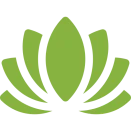
 Please expect a free call back
Please expect a free call back
 3.5
3.5

 3 person max
3 person max
 Single Bed
Single Bed
 Western Style Bathroom
Western Style Bathroom
 In-Room Dining
In-Room Dining
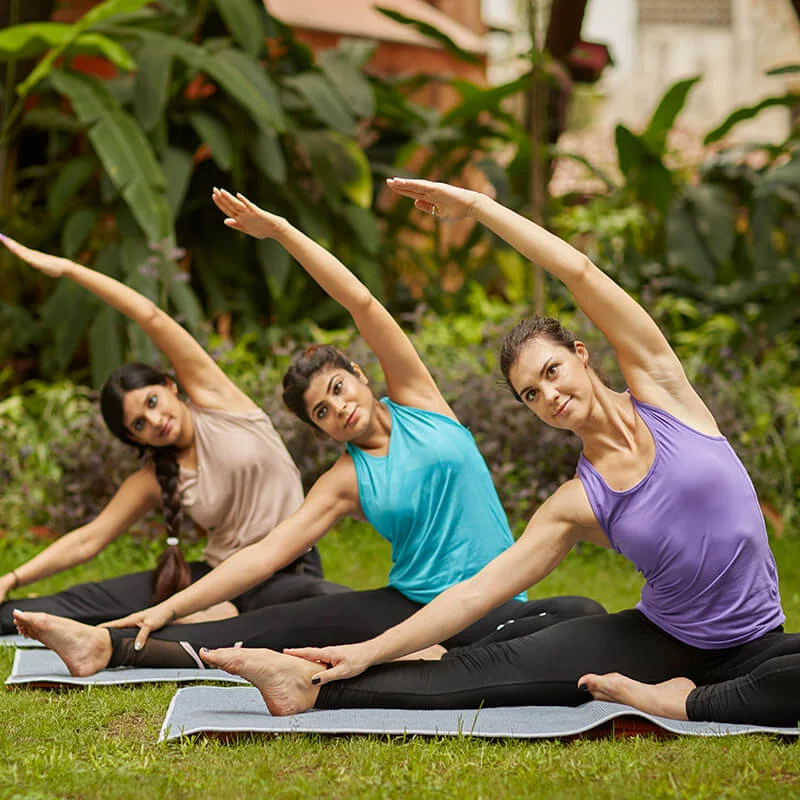
 1 person max
1 person max
 Wi-Fi
Wi-Fi







 3 person max
3 person max
 2 Interested
2 Interested
 Wi-Fi
Wi-Fi
 Swimming Pool
Swimming Pool
 Airport Transfers
Airport Transfers
 Badminton Court
Badminton Court
 Sauna/ Steam
Sauna/ Steam